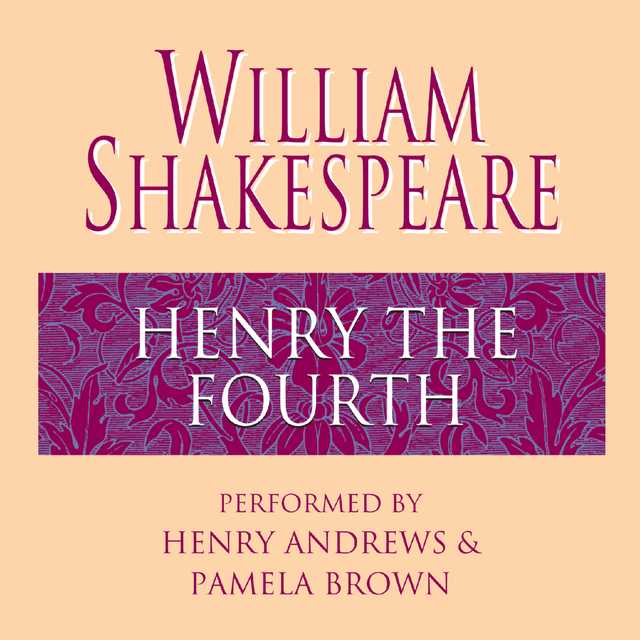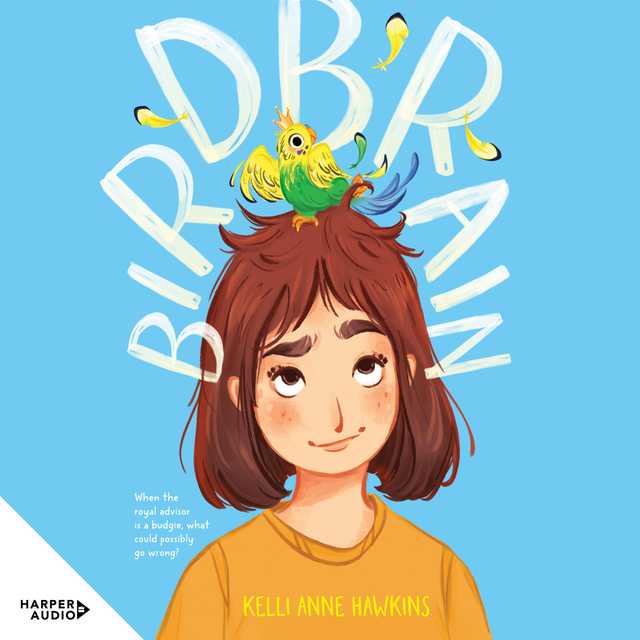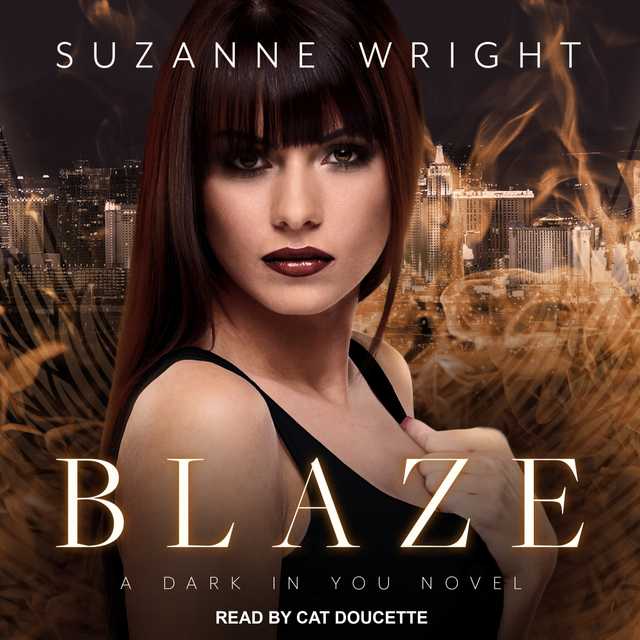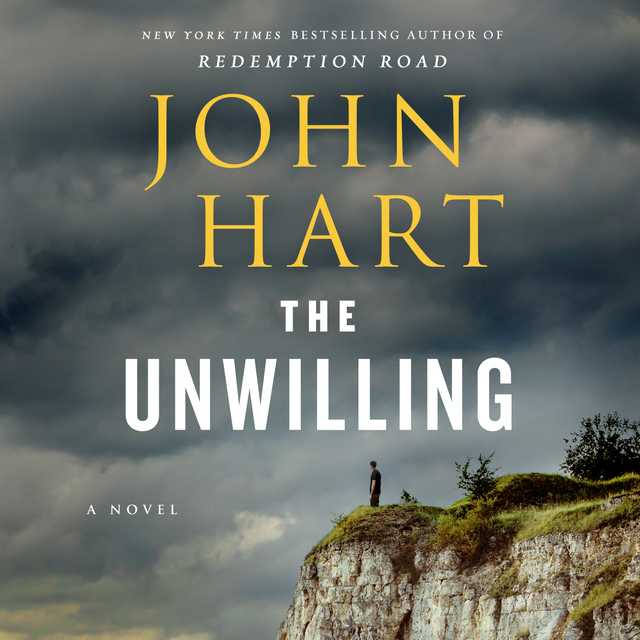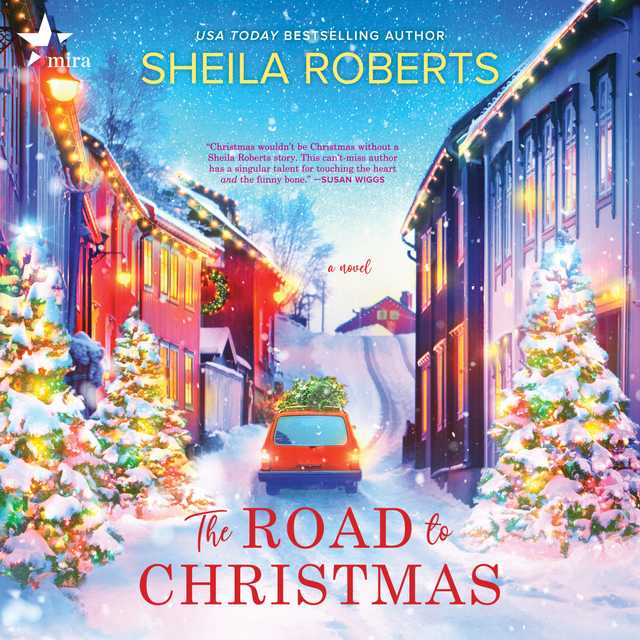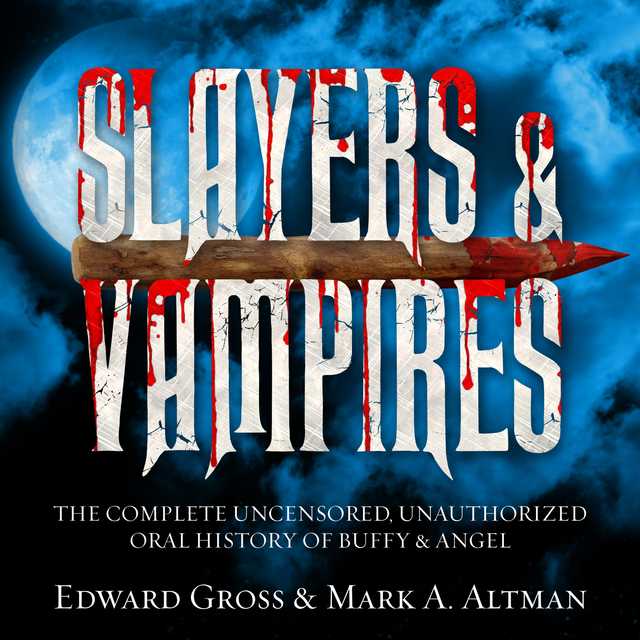Henry the Fourth Audiobook Summary
This updated edition offers a strongly theatrical perspective on the origins of Shakespeare’s The First Part of King Henry IV and the history of its interpretation. The introduction clarifies the play’s surprising, de-centred dramatic structure, questioning the dominant assumption that the drama focuses on the education of Prince Hal. It calls attention to the effects of civil war upon a broad range of relationships. Falstaff’s unpredictable vitality is explored, together with important contemporary values of honour, friendship, festivity and reformation. Extensive lexical glosses of obscure, ambiguous or archaic meanings make the rich wordplay accessible. The notes also provide a thorough commentary on Shakespeare’s transformation of his sources (particularly Holinshed’s Chronicles) and suggest alternative stagings. This updated edition contains a new introductory section by Katharine A. Craik, which describes recent stage, film and critical interpretations, and an updated reading list.
Other Top Audiobooks
Henry the Fourth Audiobook Narrator
Harry Andrews is the narrator of Henry the Fourth audiobook that was written by William Shakespeare
About the Author(s) of Henry the Fourth
William Shakespeare is the author of Henry the Fourth
More From the Same
- Author : William Shakespeare
- Julius Caesar
- Ages of Man
- Shakespeare in Autumn (Seasons Edition — Fall)
- Timeless Love
- A Midsummer Night’s Dream
- Publisher : Caedmon
- Dubliners
- Julius Caesar
- The Two Gentlemen of Verona
- The Tempest
- Measure for Measure
Henry the Fourth Full Details
| Narrator | Harry Andrews |
| Length | 2 hours 38 minutes |
| Author | William Shakespeare |
| Publisher | Caedmon |
| Release date | December 20, 2005 |
| ISBN | 9780060896409 |
Additional info
The publisher of the Henry the Fourth is Caedmon. The imprint is Caedmon. It is supplied by Caedmon. The ISBN-13 is 9780060896409.
Global Availability
This book is only available in the United States.
Goodreads Reviews
Cindy
June 11, 2015
I love this whole series of historical plays by William Shakespeare, especially through Henry V. I am still reading Henry IV, Part 2 but it is hard to find the right edition of a play on Goodreads.
Jason
October 03, 2013
Starring the original frat brother, Prince Hal—the slumming trust-fund kid soon to turn prodigal son—this play reads like some great lost Scorsese mob picture. Whether through insight or just proximate empathy, Shakespeare reveals the English nobility for the relentlessly combative, barely-beyond-the-Huns people they really were. For all the Bardolaters' fascination with Falstaff (who, according to Mark Van Doren, "understands everything and so is never serious"—now there's a profound statement), it is Hotspur who, god help me, sticks in my mind. I cannot get enough of him. His confidence, his impatience, his bemusement at the hopeless fools surrounding him—he is insufferable, that goes without saying, but horribly vivid. Shakespeare caught this crazed alpha wolf in the details. He forgets, in his haste, to bring the map to his war meeting, gets intensely worked up berating himself for it, only to find he brought it after all. He interrupts everyone to bring up again and again his disgust with a sweet-smelling "popinjay" he encountered on the battlefield. And when Glendower, totally unprompted, boasts of heaven and earth shuddering when he was born, Hotspur doesn't let it slide; he takes the old man down. He cannot let anything go. His wife comes to him with her warm arms and he only wants to go to battle. It's true, he's a total dick. War is the perfect place for him, the only place for him. And after all the militaristic foreplay, Hal kills him pretty quickly.
Mehmet Ali
November 15, 2018
I am not sure if Hal is the origin of rogue like prince characters but it is clear that Shakespeare's prince harry certainly is a foundation to build on at this concept for numerous characters in several genres throughout time.
Manuel
May 01, 2018
Longest work by the bard I have read (parts 1 & 2). Really enjoyed it though!
Samuele
August 14, 2017
La lunghezza dell'Enrico IV, due parti, cinque atti ciascuna, non è dovuta tanto alla Storia in sé, particolarmente semplice (Enrico IV, dopo aver usurpato Riccardo II, affronta dei nuovi moti di ribellione, mentre il figlio, Harry, passa da ubriacone a degno erede al trono), quanto più ai mille rivoli in cui si snoda. In particolare, l'imponenza dell'Enrico IV risiede nella sua duplicità. Da una parte vi è la messa in scena storica e dall'altra vi è Falstaff e la sua commedia umana.Quando si dice che è commedia umana si intende dire che molte delle scene, se non interi atti, non aggiungono nulla alla vicenda storica in sé. Sembra quasi di indugiare in gozzoviglie e battibecchi. Sia chiaro, indugiare non nel senso spregiativo, ma nel senso che la storia acquista un respiro molto più ampio ed elefantiaco (proprio come Falstaff). Prendiamo, per esempio, la scena della recluta dei soldati nella seconda parte, atto terzo. E' una scena fondamentalmente inutile, che non aggiunge nulla alla vicenda. Vuoi perché i metodi di leva di Falstaff ci erano già ben noti, sia perché i personaggi che vengono introdotti, a eccezione di Shallow, non compariranno più. E' una scena particolarmente lunga, narrativamente inutile. Eppure è meravigliosa e fondamentale. Ci sta tutto il piacere e il gusto della parola e dell'ascoltarla, di vedere Falstaff fare le sua smargiassate, giocare con i nomi, prorompere con la sua costituzione e invadere il dramma storico. Ecco. Ogni volta che compare Falstaff, il dramma storico che è Enrico IV non può far a meno di andare in caciara. E' come se la forza del personaggio facesse strabordare l'opera. Un po' perché Shakespeare, chiaramente, adorava far parlare Falstaff, e un po' perché questa prepotenza mette bene in luce l'influenza che Falstaff ha su Harry. Harry, infatti, per divenire Enrico V dovrà liberarsi di Falstaff. No, non liberarsi: rinnegarlo.L'Enrico IV si apre, infatti, già con Harry che sopporta a stento Falstaff. Un esempio su tutti, quando facendo finta di impersonare il padre, gliene dice di tutti i colori con una foga spaventosa. Il passo successivo di questa separazione, il momento che per me è il momento in cui Harry si separa, emotivamente, da Falstaff è quello della battaglia, quando Harry chiede a Falstaff una spada e lui gli dà un otre di vino. L'abisso fra i due si mostra con estrema lucidità: Harry che sta lottando per il proprio regno; Falstaff che risponde con una burla (poi ci torniamo sulla burla). Quello che per Harry è un momento, una fase in fondo della sua vita, l'ubriacatura, lo sberleffo, il nichilismo dionisiaco (dio che brutta definizione, ma rende l'idea) è per Falstaff la vita tutta. Non a caso, il loro ultimo incontro in amicizia si conclude con una burla malfatta, che riprende lo scherzo della rapina (Harry travestito ai danni di Falstaff), a segnare tutto lo scarto fra allora e ora. Alla fine, ovviamente, Harry, divenuto Enrico V, rinnega esplicitamente e pubblicamente Falstaff e il suo passato.Harry diviene proprio come suo fratello, Giovanni, uomo che Falstaff disprezza, definendolo freddino, privo di spirito. E' questo, infatti, l'atrocità più grande per Falstaff: la mancanza di spirito. Credere che la guerra abbia veramente importanza, che essere un Re abbia un vero valore di per sé, che i debiti richiedano di essere realmente pagati. Per Falstaff, l'unica cosa che ha valore è la vita, o meglio, la sua vita. Per Falstaff, l'unico universo che conta è Falstaff, ma nemmeno tanto la sua interiorità, le sue budella e la sua pancia sterminata. D'altronde, lo sberleffo che dedica all'onore e alla sua vacuità, come potrebbe non valere per l'amore o l'odio o qualsiasi altra emozione?Che poi, in fondo, sulla guerra non ha tutti i torti, Falstaff. L'Enrico IV, prescindendo dalle ribellioni (così stupide che nemmeno è ben spiegato il motivo, e non intendo allo spettatore, ma proprio a chi combatte), si apre e si chiude con l'annuncio di una guerra. Le crociate all'inizio, la guerra in Francia alla fine. Ed è lo stesso Enrico IV sul letto di morte a dire il perché della guerra: "E quindi, o mio Harry, sia sempre tua cura quella di tenere occupati gli spiriti incostanti con guerre in paesi stranieri, per modo che l'azione delle armi, recata così fuor dei nostri confini, possa disperdere la memoria dei tempi trascorsi". La guerra, l'onore, tutte quelle belle parole sono solo parole. Ecco, così, che il dramma storico si dimostra, in realtà, un'unica enorme commedia umana. Tutto è ammantato dallo spirito di Falstaff. Il rinnegato Falstaff, il Falstaff stupido, in fondo, incapace di notare il distacco di Harry, di capire che, una volta diventato Re, per lui sarà finita (o per lo meno di ammetterlo).Un'ultima cosa sulla modernità di Falstaff. Dentro la sua pancia spropositata, noi troviamo tutti i reietti della nostra epoca. Oltre l'altrettanto elefantiaco Ignatius J. Reilly, ci sta Céline e ci sta Bukowski, ci stanno i personaggi di Nabokov e le arguzie linguistiche di Cortazar. Eppure, nonostante tutto questo, non riesco a togliermi dalla testa che questo sia venuto fuori quasi per caso. Che Shakespeare avesse voluto scrivere il raffreddamento di Harry, da uomo a Re, il suo rinnegamento di Falstaff e tutto, ok, ma in modo molto più contenuto, meno Falstaff-centrico, ecco. Eppure, nel momento di scriverlo, di farlo parlare era impossibile contenerlo, farlo tacere. In fondo, si percepisce, quasi di sguincio, che la storia a cui stiamo assistendo è quella di Harry che diviene Enrico V, di Enrico IV che affronta le sue colpe per l'usurpazione, ma fondamentalmente, non ce ne frega nulla. Proprio come la guerra, Falstaff mostra come questa loro storia sia solo una storia, una fra le tante, e nemmeno una delle più interessanti.
Sparrow
April 15, 2016
Henry IV, Part 1This was a surprising play. It started out rather boring for me, but towards the 4th and 5th acts, it got a lot better. I suppose this was due to the need for exposition before action. I'm glad I was required to read this for school, otherwise I would never have read it. This was an interesting view of British royalty vs. rebels. I loved Hotspur :)
Fennec
June 18, 2014
"We have heard the chimes at midnight." - Falstaff
Erik
February 24, 2022
I have really enjoyed the books from the "No Fear Shakespeare" collection that I have read. And this is no exception. I can read along with Shakespeare's original language and ignore the modern translation when I feel that I am completely understanding. But, it is very nice to have the modern transl
Bill
May 06, 2021
I kind of feel like giving this a rating is a bit weird; you might as well read a film script and say you watched it... but the text on its own is definitely worth engaging with. I would probably struggle to comprehend a production of these plays without any pre req understanding of the text/context, so this is my attempt to make my viewing of the plays more full. This edition is in the "Shakespeare for Dummies" kind of style. It has some very sparse critical notes on the page which help every now and then but the great thing here is the side by side modern English translation, and it honestly helped me so much; I really would recommend this series to folk like me that want to engage with the bard but need a bit of help to wrap your head around the antiquity of the language. The difficult thing isn't so much the vocab (though there are words that aren't in use at all, or words which are used but mean different things), but the grammar; the syntax is really quite foreign in some places and even conjunctions and basic building block words have different uses. This edition helps you to get past these problems and come out of reading with a full understanding of what just happened. Really helpful tool this tome is.
Garry
February 05, 2021
Henry IV parts one and two, the plays by William Shakespeare. No Fear edition. Struggling with the choice between a perfect rating of 5 and a slightly lesser one of 4. Entertaining reading, but not consistently so. Interesting but not on every page. Prince Hal and his back and forth dialog with the infamous rogue John Falstaff is the main attraction. Entertainment on a high level and supported by a helpful translation throughout."If I had a thousand sons, the first human principle I would teach them should be to forswear weak drinks and addict themselves to wine.""Discretion is the better part of valor." So Falstaff pretends to be dead on the battlefield, then gets up, stabs the dead body of of the leader of the other army and carries it off to claim that he was the one who killed him.
Raúl
April 14, 2022
El principio de la tragicomedia, el entrelazado de una trama trágica, ligado a personajes altos, con una trama de comedia, ligados a personajes bajos, alcance cotas impensables en esta obra de Shakespeare, en el que la figura de Falstaff, el pícaro gordo pendenciero y borrachín, le roba protagonismo a los personajes históricos. Lo que tenemos es una historia de cómo el derecho a la corona se gana y eso se hace a través ed rebajar lo más alto a lo más bajo y contrastarlo con lo más bajo, que no es más indigno que le que se juegan reyes, duques y obispos.La parte central de la "Tetralogía mayor" de Shakespeare, que sigue a Ricardo II y antecede a Enrique V, y que da cuenta de una instauración que partiendo de la deslealtad y el crimen, al final se consagra con el hecho heróico.
Laura
May 20, 2020
Me encantan estas obras de Shakespeare. Aprendo mucho y son muy entretenidas.Quizás me falla la imprecisión temporal y la falta de personajes femeninos (parece que los hijos brotan de la tierra), pero ya se sabe que no se puede juzgar un clásico desde la época actual.En general, me ha gustado bastante y tengo muchas ganas de continuar con estos libros.
Jandro
May 14, 2021
This was a hard read. It took me five weeks to read. I’ll cut myself some slack because it’s two large, very dry plays in one.The translation was excellent. It made this very difficult play that much easier to read.
Danell
November 12, 2018
If you haven't read the two part of Henry IV, do so now. The wonderful story of the roguish young prince who must learn how to become a king. It features, of course, the unforgettable Falstaff--corrupter of youth, lover of life, an id-driven force of nature.
Frequently asked questions
Listening to audiobooks not only easy, it is also very convenient. You can listen to audiobooks on almost every device. From your laptop to your smart phone or even a smart speaker like Apple HomePod or even Alexa. Here’s how you can get started listening to audiobooks.
- 1. Download your favorite audiobook app such as Speechify.
- 2. Sign up for an account.
- 3. Browse the library for the best audiobooks and select the first one for free
- 4. Download the audiobook file to your device
- 5. Open the Speechify audiobook app and select the audiobook you want to listen to.
- 6. Adjust the playback speed and other settings to your preference.
- 7. Press play and enjoy!
While you can listen to the bestsellers on almost any device, and preferences may vary, generally smart phones are offer the most convenience factor. You could be working out, grocery shopping, or even watching your dog in the dog park on a Saturday morning.
However, most audiobook apps work across multiple devices so you can pick up that riveting new Stephen King book you started at the dog park, back on your laptop when you get back home.
Speechify is one of the best apps for audiobooks. The pricing structure is the most competitive in the market and the app is easy to use. It features the best sellers and award winning authors. Listen to your favorite books or discover new ones and listen to real voice actors read to you. Getting started is easy, the first book is free.
Research showcasing the brain health benefits of reading on a regular basis is wide-ranging and undeniable. However, research comparing the benefits of reading vs listening is much more sparse. According to professor of psychology and author Dr. Kristen Willeumier, though, there is good reason to believe that the reading experience provided by audiobooks offers many of the same brain benefits as reading a physical book.
Audiobooks are recordings of books that are read aloud by a professional voice actor. The recordings are typically available for purchase and download in digital formats such as MP3, WMA, or AAC. They can also be streamed from online services like Speechify, Audible, AppleBooks, or Spotify.
You simply download the app onto your smart phone, create your account, and in Speechify, you can choose your first book, from our vast library of best-sellers and classics, to read for free.
Audiobooks, like real books can add up over time. Here’s where you can listen to audiobooks for free. Speechify let’s you read your first best seller for free. Apart from that, we have a vast selection of free audiobooks that you can enjoy. Get the same rich experience no matter if the book was free or not.
It depends. Yes, there are free audiobooks and paid audiobooks. Speechify offers a blend of both!
It varies. The easiest way depends on a few things. The app and service you use, which device, and platform. Speechify is the easiest way to listen to audiobooks. Downloading the app is quick. It is not a large app and does not eat up space on your iPhone or Android device.
Listening to audiobooks on your smart phone, with Speechify, is the easiest way to listen to audiobooks.

